How to Plan a Fishing Trip to a Lake: Tips for a Successful Outing
Fishing is a popular outdoor activity that offers relaxation, adventure, and the chance to catch some delicious fish for dinner. Planning a fishing trip to a lake can be a great way to enjoy the outdoors and spend time with friends or family. However, a successful fishing trip requires careful planning and preparation.
Choosing the Right Lake
The first step in planning a fishing trip to a lake is to choose the right lake. Consider the type of fish you want to catch, the size of the lake, and the amenities available. Some lakes are stocked with specific types of fish, while others may have better fishing conditions during certain seasons. Research the lake online or talk to local experts to get an idea of what to expect.
Gathering the Right Gear
Fishing gear is essential for a successful trip. Make sure you have the right equipment for the type of fish you want to catch, including the right rods, reels, lines, hooks, and baits. Don’t forget to pack other essentials like sunscreen, insect repellent, and a first aid kit.
Planning for the Weather
The weather can have a big impact on your fishing trip. Check the weather forecast before you go and plan accordingly. Bring rain gear and warm clothes if necessary, and be prepared to adjust your plans if the weather turns bad.
By following these tips, you can plan a successful fishing trip to a lake and enjoy all that the great outdoors has to offer.
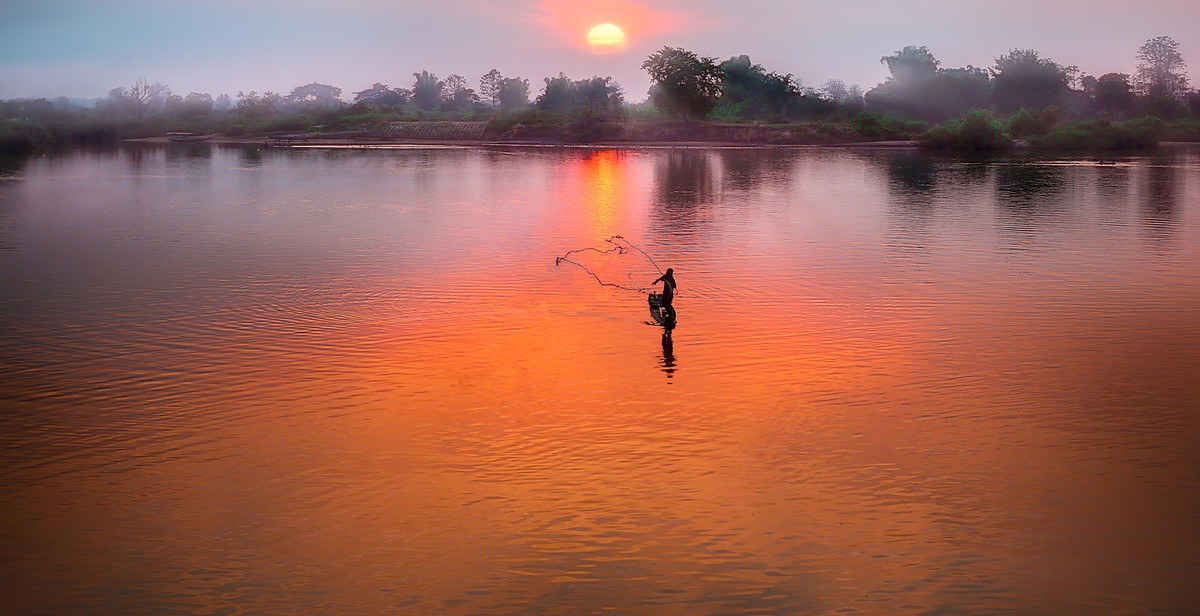
Choosing the Right Lake
When planning a fishing trip, one of the most important factors to consider is the lake you will be fishing in. Choosing the right lake can greatly increase your chances of having a successful outing. Here are some tips to help you choose the right lake for your next fishing trip:
Researching Lakes
The first step in choosing the right lake is to do some research. Look for lakes that are known for their fishing opportunities and have a good reputation among anglers. You can start by checking online forums, fishing magazines, and local fishing clubs for recommendations. You can also ask local bait and tackle shops for their suggestions.
Considering Location
The location of the lake is also an important factor to consider. Choose a lake that is easily accessible and not too far from your home or hotel. This will save you time and money on travel expenses. Also, consider the weather conditions in the area. Some lakes may be more productive during certain times of the year, so plan accordingly.
Examining the Fish Species
Finally, consider the fish species that are present in the lake. Different lakes will have different types of fish, so choose a lake that has the species you are interested in catching. Some lakes may have a variety of fish species, while others may specialize in certain types of fish. Make sure you are familiar with the fishing regulations for the lake and the specific species you are targeting.
By doing your research, considering the location, and examining the fish species, you can choose the right lake for your next fishing trip. Remember to always practice responsible fishing and follow all local regulations to ensure a successful and enjoyable outing.
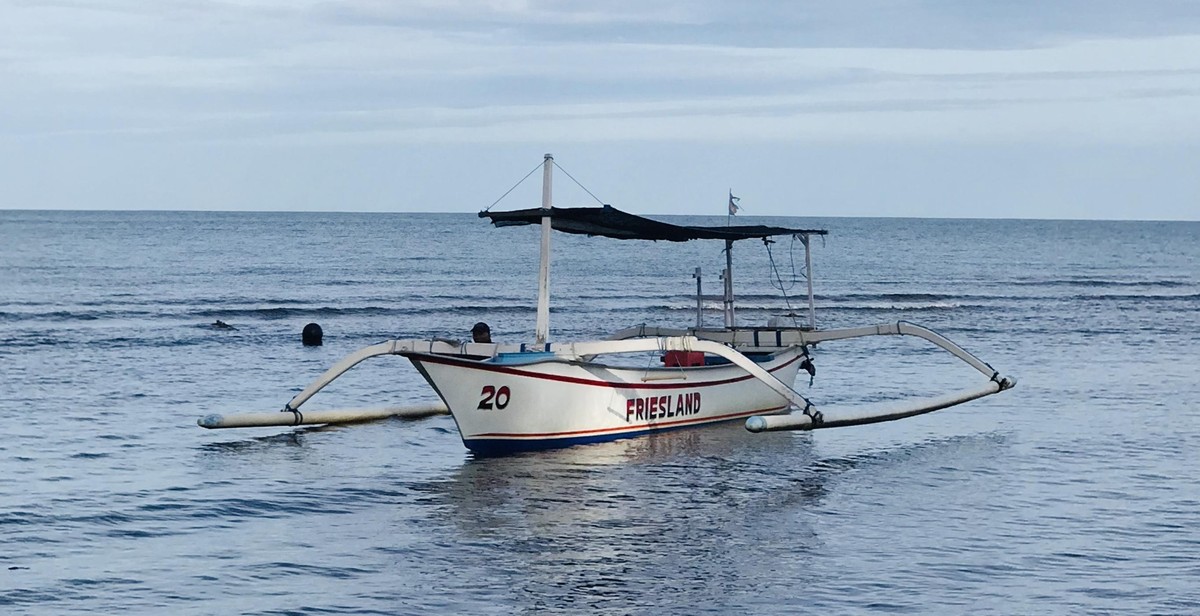
Preparing for Your Trip
Planning a fishing trip to a lake can be exciting, but it requires preparation to ensure a successful outing. Here are some tips to help you prepare for your trip:
Determining Dates and Times
First, determine the dates and times for your trip. Consider factors such as weather, peak fishing times, and your availability. Research the best time to fish in the lake you plan to visit, and plan your trip accordingly. Check the weather forecast in advance and be prepared for any changes in weather conditions.
Checking Local Regulations
Before heading out, make sure to check the local regulations for the lake you plan to fish in. Regulations can vary by location, so make sure to research any restrictions on fishing methods or catch limits. You don’t want to end up with a hefty fine for breaking any rules.
Gathering Necessary Supplies
Once you’ve determined the dates and checked the regulations, it’s time to gather the necessary supplies. This includes fishing gear such as rods, reels, bait, and lures. You’ll also need appropriate clothing, sunscreen, and insect repellent. If you plan to camp, make sure to bring a tent, sleeping bags, and cooking supplies. Don’t forget to pack food and snacks for the trip.
Make a checklist of all the necessary supplies and double-check it before leaving for your trip. It’s better to be over-prepared than to realize you forgot something important once you’re already at the lake.
By following these tips and properly preparing for your trip, you’ll increase your chances of having a successful and enjoyable fishing experience.
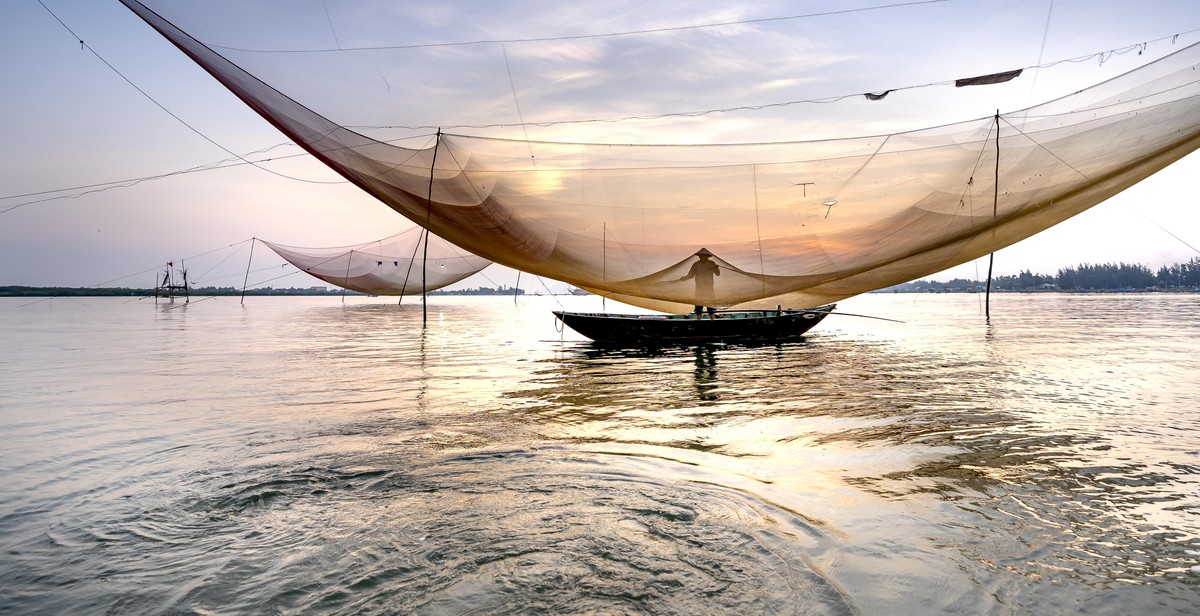
Setting Up Your Gear
Before embarking on your fishing trip, it is important to ensure that all your gear is in good working condition. This will help you avoid any mishaps that may ruin your fishing experience. Here are some tips on setting up your gear:
Rods and Reels
Your choice of rod and reel will depend on the type of fish you intend to catch. For small fish, a light rod and reel will suffice, while larger fish will require a heavier rod and reel. Make sure that your rod and reel are properly matched to avoid any balance issues.
When setting up your rod and reel, ensure that the reel is properly attached to the rod. Check the line guides to make sure they are not damaged and that the line flows freely through them. Spool your reel with the appropriate line weight and tie on a suitable leader and hook.
Baits and Lures
The type of bait or lure you use will depend on the type of fish you are trying to catch. Live bait such as worms, minnows, or crickets are effective for many species, while artificial lures such as jigs, spinners, or crankbaits can be more effective for others.
Make sure that your bait or lure is properly attached to your hook. If using live bait, make sure it is lively and wriggling on the hook to attract the attention of the fish.
Boats and Floats
If you plan on fishing from a boat, ensure that the boat is properly equipped with all the necessary safety gear. Check the fuel and oil levels and make sure the engine is running smoothly. If using a float tube or kayak, ensure that your paddle or flippers are in good condition.
Make sure that your boat or float is properly anchored or tied off to avoid drifting away from your fishing spot. If using a float tube or kayak, ensure that you have a suitable anchor system to keep you in place.
By following these tips, you will be able to set up your gear properly and enjoy a successful fishing trip on the lake.
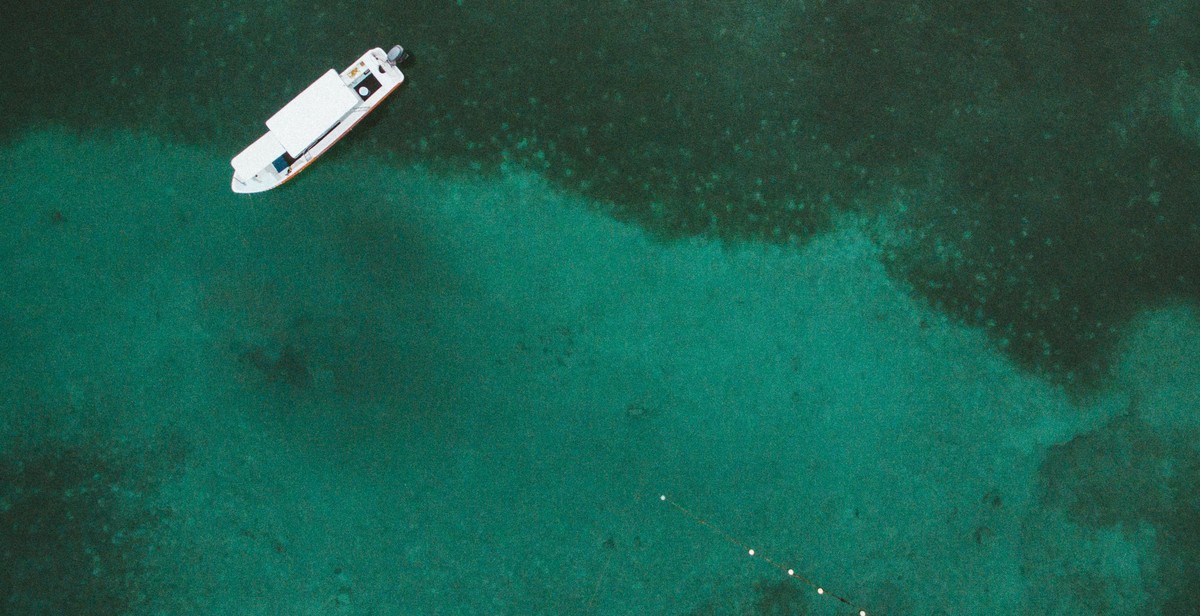
Tips for a Successful Outing
Patience and Persistence
When it comes to fishing, patience and persistence are key. Don’t get discouraged if you don’t catch anything right away. Sometimes it takes time to find the right spot or the right bait. Keep trying different techniques and areas until you find what works.
Adapting to Conditions
The weather and water conditions can greatly affect your fishing trip. Be prepared to adapt to these conditions. If it’s windy, for example, you may need to use heavier lures or adjust your casting technique. If the water is murky, try using brightly colored lures or fishing deeper. Pay attention to the conditions and adjust your approach accordingly.
Keeping Records
Keeping track of your fishing trips can help you improve your skills over time. Record the date, time, location, and weather conditions of each trip, as well as what bait and techniques you used. This will help you identify patterns and trends, and make adjustments for future trips. You can also use this information to share with other anglers and contribute to the fishing community.
Final Thoughts
By keeping these tips in mind, you’ll be well on your way to a successful fishing trip. Remember to be patient and persistent, adapt to the conditions, and keep records of your trips. With a little bit of preparation and a lot of determination, you’ll be reeling in the big ones in no time.
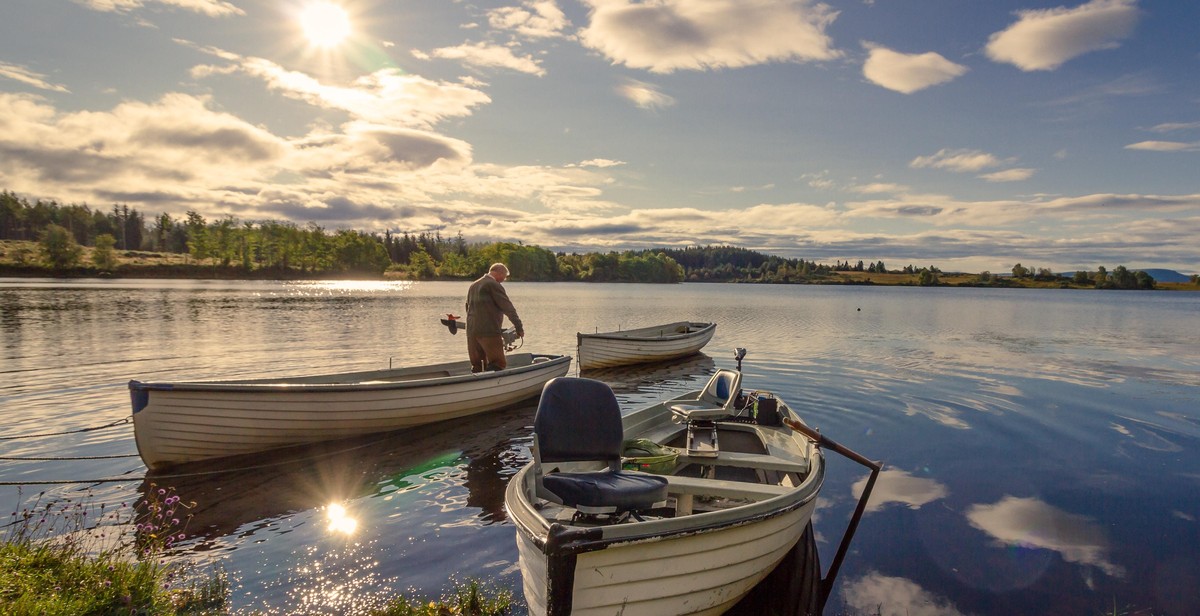
Conclusion
Planning a successful fishing trip to a lake requires some effort, but it’s worth it for the thrill of the catch. By following the tips in this article, you can ensure that you have a great time and come home with a good haul.
Key takeaways
- Research the lake and its fish species before you go.
- Choose the right gear for the type of fish you want to catch and the conditions you’ll be fishing in.
- Consider hiring a guide or joining a fishing club to get insider knowledge and tips.
- Be prepared for the weather and bring appropriate clothing and gear.
- Practice catch and release to help preserve the lake’s ecosystem and fish populations.
Remember, fishing is a recreational activity that should be enjoyable and stress-free. With a little planning and preparation, you can make sure your next fishing trip to a lake is a success.
